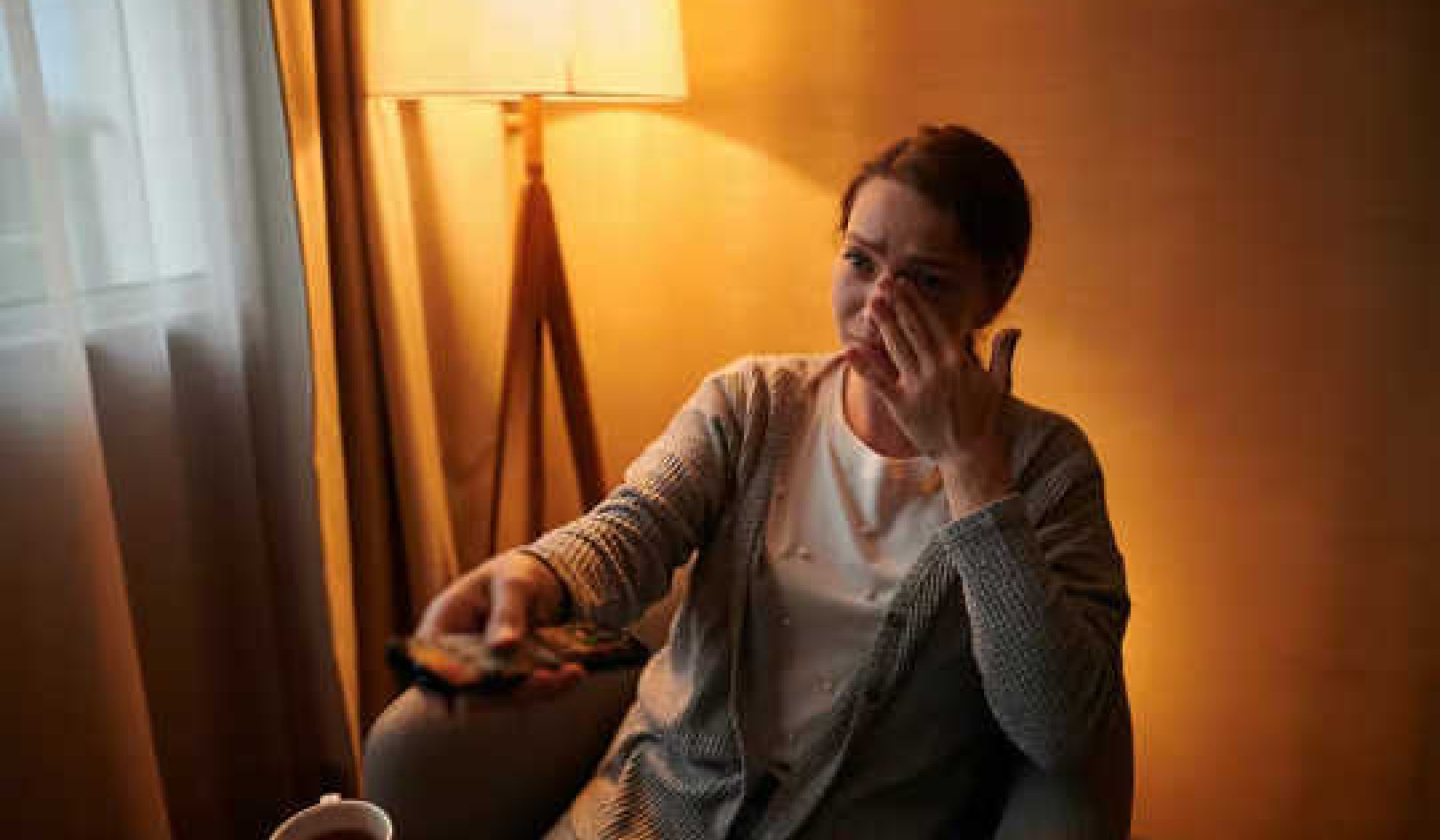 Pexels.
Pexels.
Shock, horror, a new study shows the British public don’t like their jobs. Using smart phones researchers mapped the happiness of people in real time, while they went about their daily lives. And they discovered that people do not report feeling very happy at work. ![]()
In fact, apart from being ill, work was shown as the activity that people reported they were least happy doing.
Without devaluing the research, I suspect that this finding isn’t surprising – most of us hate going to work. Or if “hate” is a bit strong, I’m sure most people would much rather spend their time doing something else.
My first experience of work was a summer job in a factory and apart from the noise and smell, I remember that I was struck by how miserable the place seemed to be. Work was clearly not something to be enjoyed, a message that everyone I encountered was keen to share. Then, as now, people seemed to love hating work.
The message I was given wasn’t new. The English folk singer Ewan McColl sang it to an earlier generation in his song The Manchester Rambler:
I may be a wage slave on Monday, but I am a free man on Sunday.
A century before, Dickens told his readers just how bad work was. Look back further and we can see the same old story.
Even Cinderella was locked in a zero hours contract doing long hours of menial low paid work and left dreaming of escape. Meanwhile Jack gladly exchanged the hard work of the farm for a few magic beans and a chance encounter with a beanstalk. Upon his return, Jack (like Cinderella) had no need to work and lived happily ever after. The giant he slayed was work. The dream of escaping this ogre is common to us all.
Today we no longer rely on the supernatural for escape. Instead education is promoted by parents, teachers and politicians as the antidote to the tyranny of work. Granted this modern message is less romantic – we cannot avoid work, rather we must work hard today for a slightly better tomorrow. The best we can hope for is temporary respite. We might be free on Sunday, but without the supernatural there is no avoiding Monday.
Yet paradoxically, despite recent research revealing the unhappiness that work brings, it seems being deprived of work only makes things worse. We are caught in a Faustian Pact where in order to be happy (by not working) we must work. And like Dr Faustus, we imagine we are smart enough to trick the devil.
The joys of hard graft
Perhaps then it’s down to employers to make work more fun? Clearly there is merit in this, but research suggests it isn’t just our working conditions that make us unhappy. In fact despite major improvements in working conditions and terms of employment over the 150 years, people remain unhappy at work.
Research has also shown that physically demanding work often leads to greater job satisfaction – irrespective of how well it is paid.
Many of those working in harsh conditions doing tough manual labour or apparently unpleasant jobs actually find it rewarding – even when it is not highly valued monetarily. This then goes some way to explain why firefighters and construction workers seem to like their work more than most.
The author Emma Jacobs has written about this in her book which looks at the best of all the world’s worst jobs. She illustrate how those involved in dirty work think positively about their low paid and often unrecognised work.
A new kind of labour
But with hard physical work becoming increasingly rare, many people are now finding ways of doing it for free. The outdoors has become a place of extreme work and pain – with marathon runners, triathletes, iron men and tough mudders putting their bodies on the line with no expectation of getting paid.
Elsewhere gym bunnies do similar work and pay for the privilege. People even pay personal trainers to make them work harder.
What was once considered work is now fun. We enjoy labouring in our homes and gardens, creating beautiful spaces, or growing plants. While the resurgence of crafts and hobbies sees an army of unpaid workers making clothes and finding joy in baking and cooking. Rebranded as retail therapy, shopping has also been transformed from a household chore into a leisure activity.
 Working for yourself. Pexels.
Working for yourself. Pexels.
Others work in their “spare time” as writers, bloggers and vloggers perhaps dreaming of a life free of work, but ultimately enjoying creative unpaid work.
Ultimately, it seems that whether we like work or not, depends on why we think we are doing it. Work can be liberating, work can be fun, but only if we stop listening to the economists who tell us the only reason we work is because we need to be paid to do it.
For hundreds of years work has been something we have collectively dreamed of escaping so it is unlikely our relationship with paid work will change overnight. Like any successful relationship it takes time and effort (or hard work).
But as we all struggle to maintain a work-life balance, thinking creatively about our dysfunctional love affair with labour might just work in the long run.
About The Author
Ian Fouweather, Lecturer in Business Operations and Management, University of Bradford
This article was originally published on The Conversation. Read the original article.
Related Books:
at InnerSelf Market and Amazon






















